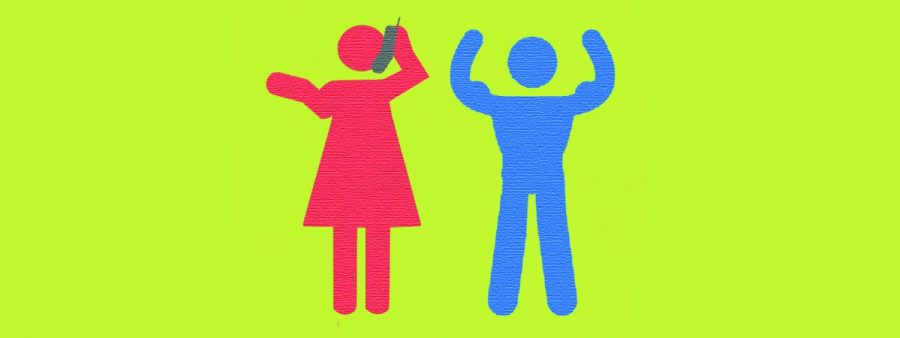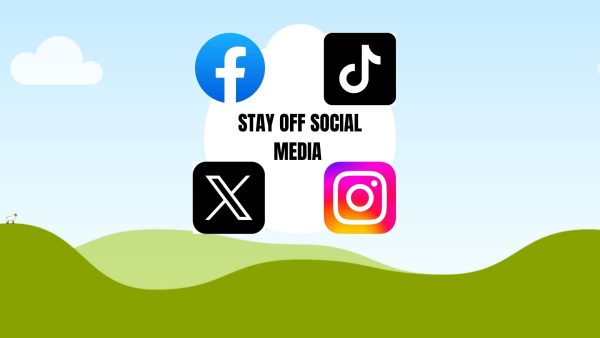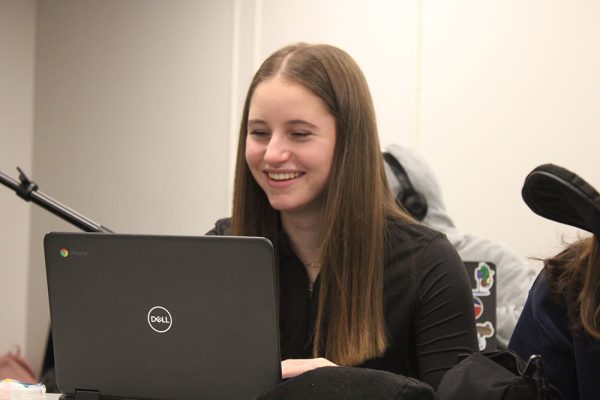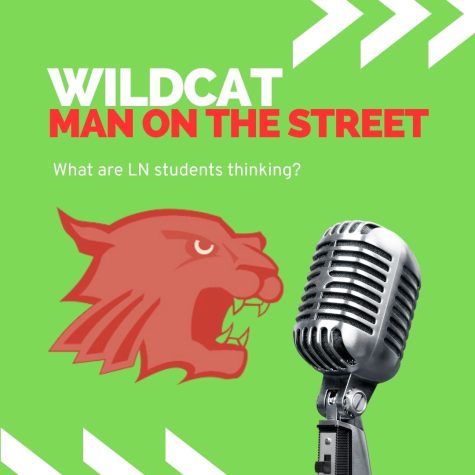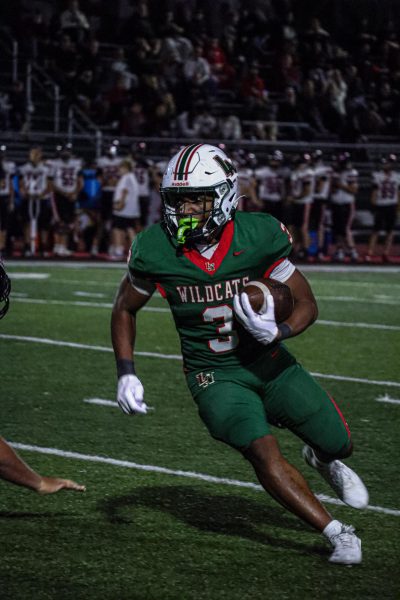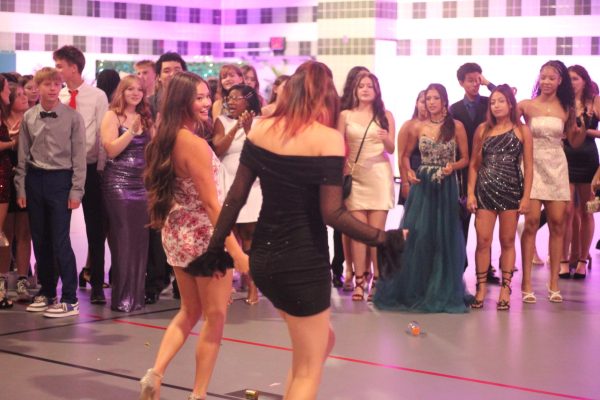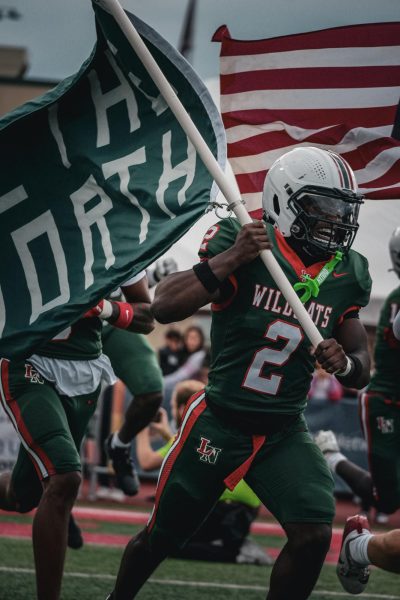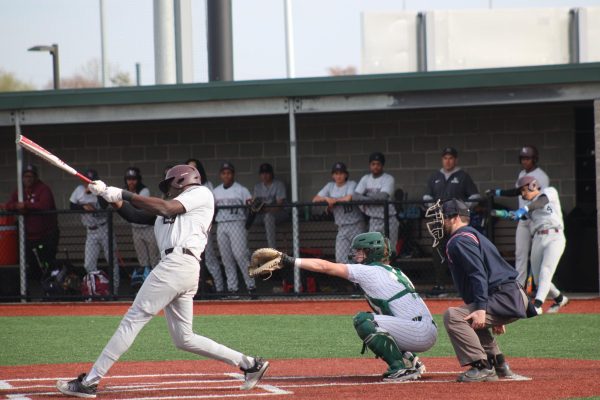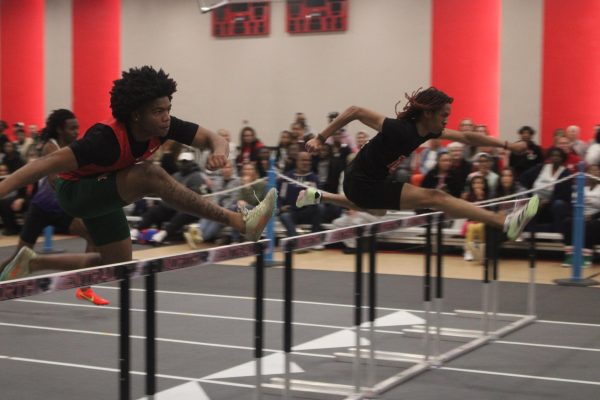High School Stereotypes
The lunchroom. Noisy and crowded, it’s never really been my forte. In a far corner of the cafe, I take a seat by myself at a reasonably quiet table. Before too long, seats start to fill, and it’s not hard to take notice of the stereotypical high school scene starting to unfold. To my far left sit the jocks, with their jerseys and impeccable confidence. Further down to my right reside the nerds, joyfully discussing the next big anime. And right in front of me sit the preppy girls, with their black leggings and their Starbucks frappuccinos. Typically, cafeterias are known as the congregation site for all things stereotypes. Perpetuated and instituted by the media, these stereotypes are pretty unrealistic.
In general, the idea of labels in high school remains a true tale. High school is pinpointed as this golden time, a time of self-discovery. Everyone is looking to define themselves and to construct their identity. As well as looking for an identity for ourselves, which can encompass a variety of meanings for different people, we also use these judgements in labeling other people, consciously or subconsciously. In creating these labels, we unintentionally create these categories, or stereotypes, and though they may differ from person to person, they are both generally similar and have a restrictive nature.
Stereotypes are commonplace in high school culture as dictated through the media. Media plays a big role in our interpretations of ourselves and our high school life, it taints our view. The media sets this unrealistic bar and acts almost as this dictation of teenage years and high school experiences. Through some of your favorite childhood movies, the media is consistently pushing this image of what the ideal teenage experience should look like. An unrealistic idea. An unattainable standard of the high school experience. These ideals almost work together to put high school on this pedestal. Excluding grades and scholarships and academics, high school is put on this unreasonably high ground, creating this sense of pressure to “make it count.” Through these two broader concepts, identity and media, being conjoined through the common ground that is high school, all teenagers alike feel this need to identify with a particular stereotype or fit into a certain box as advertised through film in order to preserve their expectation of the high school experience.
Contrary to the media’s portrayal, high school isn’t all it’s cracked up to be. No one has that much free time in the halls to chat next to the lockers. Stress isn’t non-existent. Homework occupies much more time than dwelled on. Generally, the media relays this image of “happy-go-lucky” times whereas, in the real world, the reality holds much more homework and stress and other outside stressors and such.
With the inclusion of the media, society pushes this illusion that high school is this magical time, defined by infamous football game Friday nights or hanging out in the mall with friends. For some, this ideal might be a reality. However, not for me. I don’t have countless numbers of friends. I don’t ever really have extravagant weekend plans. I am known as the shy kid in the back. That quiet one without many friends. And all of that might be true. However, not to sound cheesy, but there is so much more to people than meets the eye, deeper than the superficial “classification”. Using myself as an example, I am so much more than the quiet girl in the back of the class. I may be quiet and shy, but that doesn’t mean I don’t have anything valuable to contribute. I never once thought I filled the standards that qualified me as normal. I considered myself an outlier. I don’t fit in any of these boxes, the big boxes constructed by the media’s example. I used to feel guilty and different, excluded almost, because I felt I had no classification. As I grew older, I started to garner the reputation of “that one quiet kid.” I felt trapped. As a junior now, I may still carry this classification, but I understand now that it doesn’t define me. It’s still a work-in-progress, but I have the ability to be whatever I want to be. Because I don’t fit into these boxes, I have unlimited options.
Most importantly, you aren’t alone. No one truly fits into one category or the next. We shouldn’t confine ourselves to one box. Talk to the person sitting at the lunch table alone. Approach a person that you might not usually talk to. We aren’t as different as we think. We all are people, maybe with different thoughts or experiences, but we are all people. Eliminating the boxes, eliminating the labels means unlimited opportunities. There are no limits. At the end of the day, you should be who you want to be, and not let labels or stereotypes or whatever it may be get in the way.



